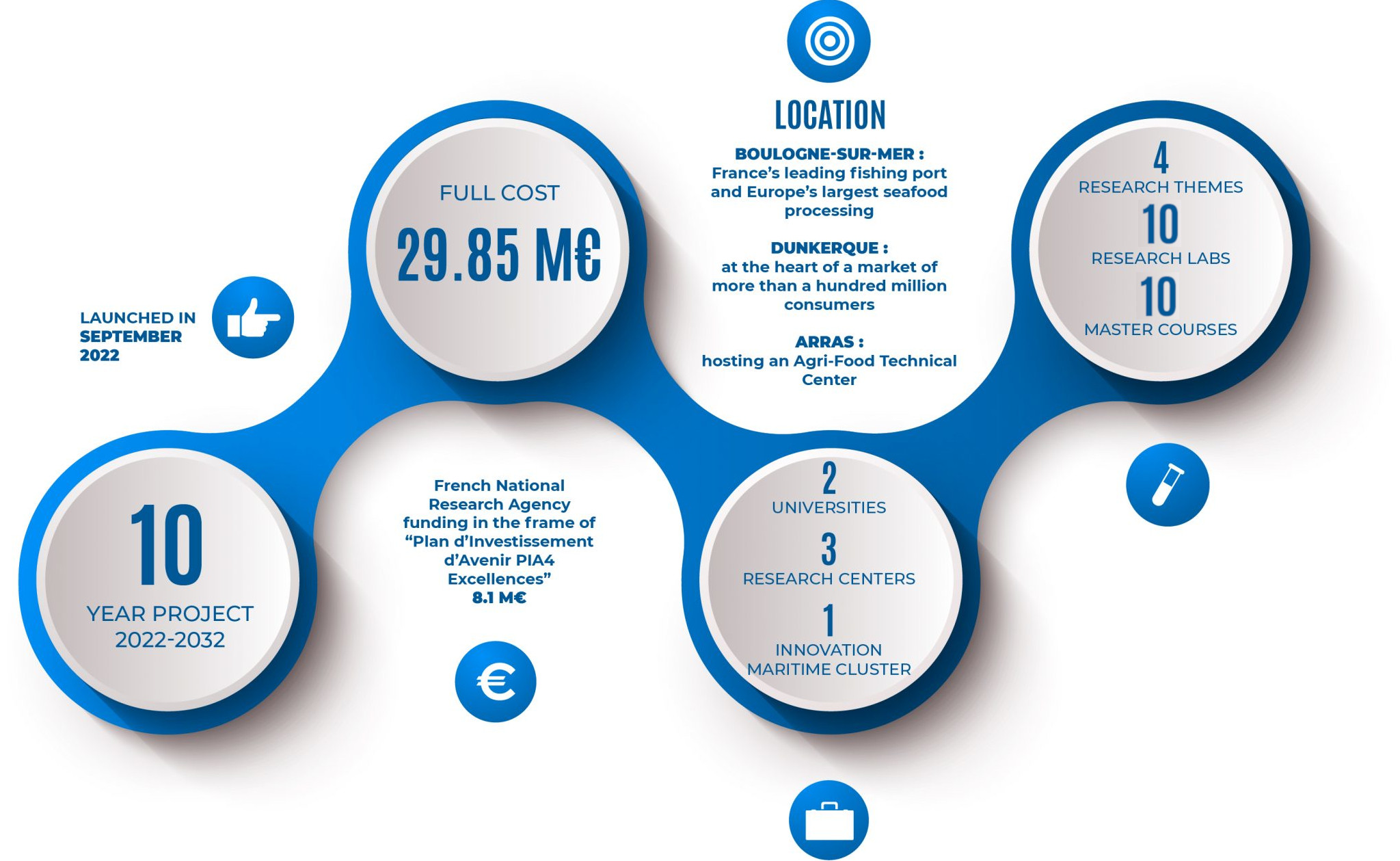Context
Fisheries and aquaculture contribute to food security and play a key role in creating jobs and resilience in coastal communities. As one of the most widely traded food commodities in the world, seafood is as an important component of the global food portfolio for fulfilling the nutritional demands of a growing population. However, this sector is facing emerging challenges in terms of environmental threats, socio-economic demands and implementation of new regulations and policies. How to ensure that seafood is both environmentally and socially sustainable has, therefore, become a key concern. To this end, the implementation of innovative, integrated and transdisciplinary approaches linking traditionally segmented sectors is needed.
Objective
In light of this global context, IFSEA is a graduate school specialising in marine, fisheries and seafood sciences aiming to carry out innovative research and train researchers and professionals to tackle the environmental, societal and economic challenges of the seafood sector through transdisciplinary approaches.

- Launch of the EUR IFSEA project in September 2022
A 10-year project 2022-2032 - Total cost 29.85M€
- Funding from the National Research Agency under the PIA 4 Future Investments program: Excellence in all its forms bearing the reference “ANR-21-EXES-00” – 8.1ME
- Location:
- Boulogne-sur-Mer: 1st fishing port in France and 1st seafood processing center in Europe
- Dunkirk: at the heart of a market of more than one hundred million consumers
- Arras: hosting a renowned agro-food technical center
- 2 universities, 3 research centers, 1 competitiveness cluster around seafood products
- 4 research themes
- 10 research laboratories
- 10 master’s courses
Training, research, internationalisation and socio-economic partnership
The IFSEA graduate school brings together local research bodies and socio-economic partners within a unique programme embracing a holistic, transdisciplinary approach. It is structured around 4 complementary research and training themes covering the entire seafood sector, from sea to fork:
-
Marine ecosystems, from biodiversity to sustainability of living ressources
-
Seafood safety and quality
-
Supply chain engineering and international trade
-
Governance and coastal planning policies
IFSEA is built on 10 Master’s courses to create a new transdisciplinary training programme that will enable the development of new skills and new professions to tackle the challenges facing the marine, fisheries and seafood sector. This 10-year project will also support transdisciplinary research projects trough PhD and post-doctoral fellowships as well as international mobility, innovation through cross-fertilisation of disciplines and connections with the socio-economic world.

